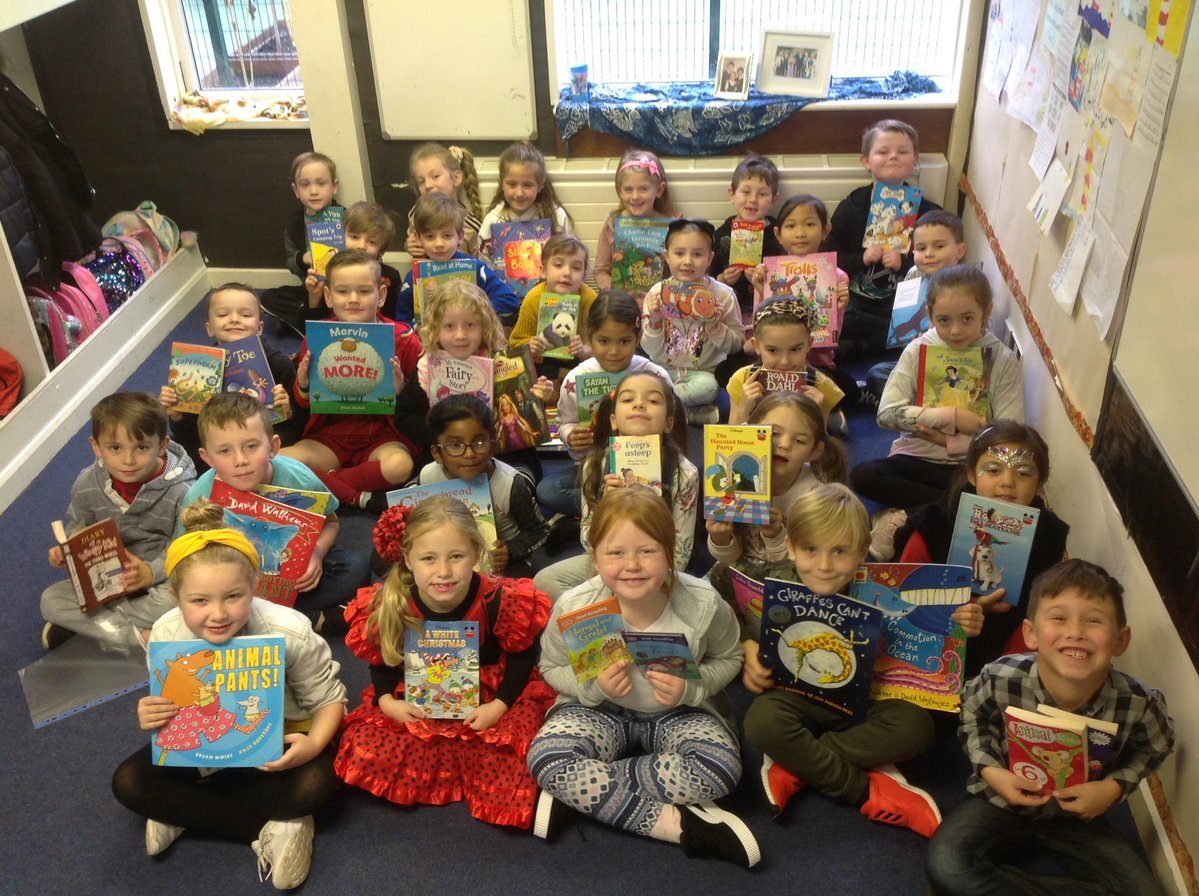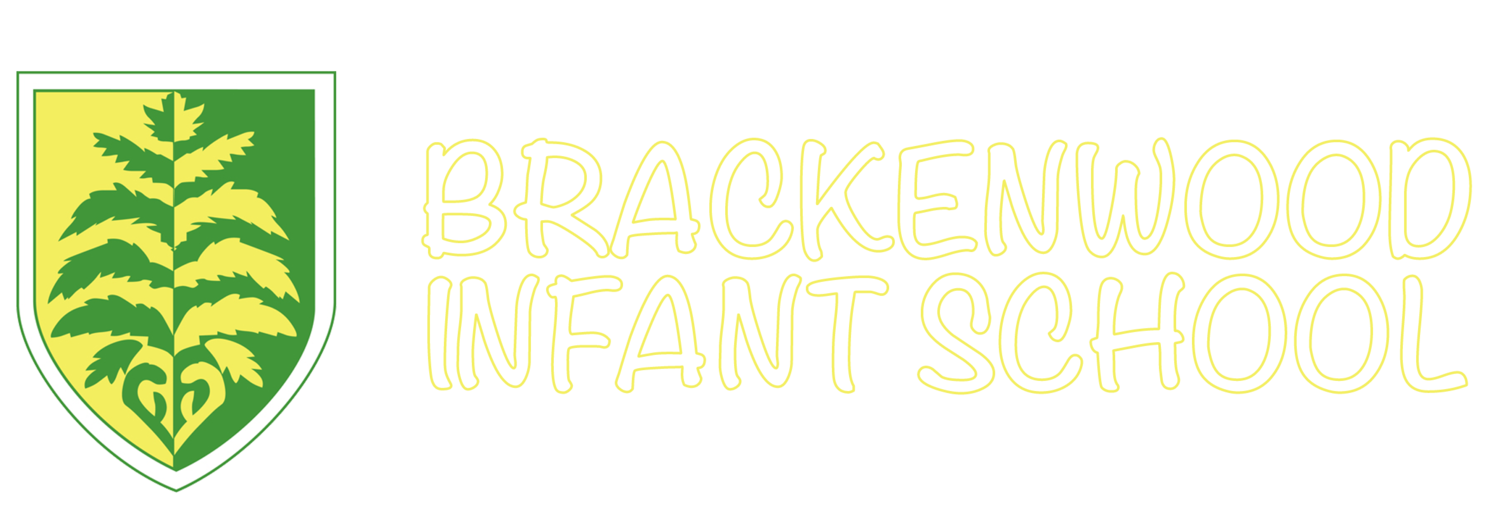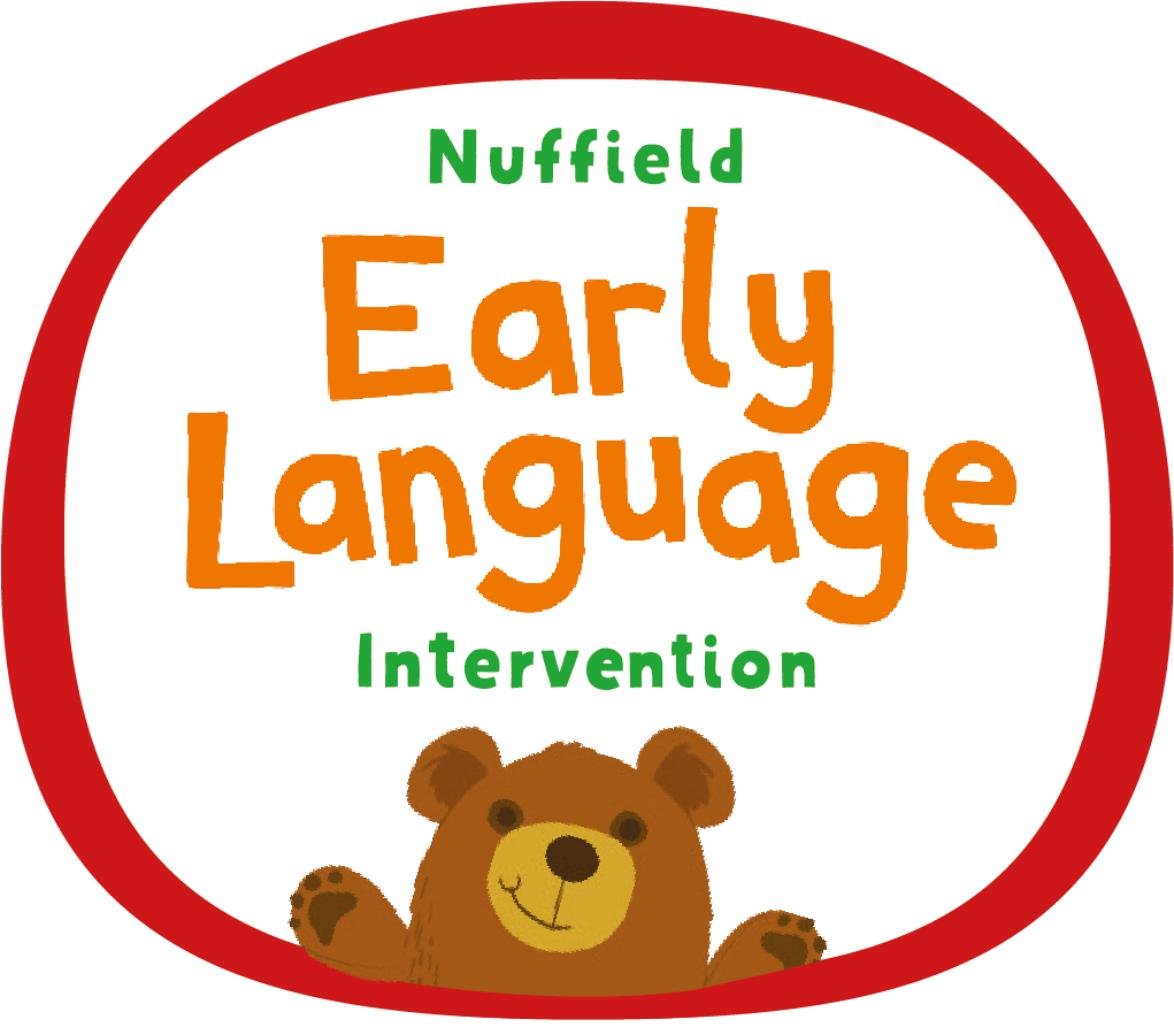
Reading and Phonics at Brackenwood
“The more that you read, the more things you will know. The more that you learn, the more places you'll go.”
— Dr Seuss
Reading Curriculum
In Brackenwood Infants, we firmly believe that every pupil deserves the highest quality provision, which is engaging, coherently planned, and tailored to every child’s needs.
It is our intention that every child who leaves our school has a lifelong love for reading, a passion for vocabulary and language, and is equipped with the skills necessary to clearly express their thoughts and ideas in speaking and writing.
Our English Curriculum is packed with engaging ‘hooks’, rich experiences and high quality texts. It is progressive, but mindful of previously acquired skills, which need to be consistently revisited in order for them to be securely embedded.
The teaching of all aspects of English is given a high priority within our school.
Phonics
At Brackenwood Infant School, we are committed to providing discrete, systematic, synthetic phonics and since September 2021, we have been committed to using, ‘Sound Train’. This resource meets the DFE requirements and covers all relevant aspects of the newest EYFS Framework and the guidance set out in Development Matters. It also covers all aspects of the Y1 National Curriculum 2014.
The approaches that we use with our phonics teaching and learning ensures all of our children are provided with opportunities for them to become competent and confident readers and writers as well as allowing children’s listening and speaking skills to develop. We successfully deliver a phonics programme that secures skills of decoding and word recognition enabling children at our school to read fluently with great enjoyment and pride and to develop good reading habits for the future.
Our high quality, daily phonics teaching is combined with a programme which promotes the strong emphasis we place on building our ‘Reading for Pleasure’ culture.
Reading
Starting Points
At Brackenwood, we teach systematic synthetic phonics daily and we pride ourselves on the teaching of Phonics as a foundation and building block to support children to make early progress in reading. If a child is falling behind at any point during their phonics teaching, rapid catch up interventions are put in place (in the first 3 weeks of F2 and beyond). We believe that every child can learn to read with adaptive teaching and support. We acknowledge that not all children learn and develop reading skills at the same age and stage. However, we believe that all children have the right to become fluent readers by the end of the key stage. Our teaching of phonics and reading is adaptive and dynamic to ensure all children make progress towards fluent reading.
Alongside Bug Club (an online system with staged decodable reading books which can be accessed by children at home), we provide time for children to read independently, read aloud and be read to during the school day. We have developed a coherent whole-school strategy for promoting and supporting the development of reading through high quality, vocabulary rich, varied texts.
“Books are a uniquely portable magic.”– Stephen King
Our Intent:
That every child at Brackenwood Infant school learns to read and reads to learn.
To inspire in each child to have a love of language and to read and high-quality literature
To provide an English Curriculum that is sequenced progressively and cumulatively to develop the acquisition of knowledge and skills.
To provide all children with the necessary knowledge and expertise to successfully access our inspiring curriculum and to shape the world around them.
To ensure that every child becomes a reader before leaving Brackenwood Infants.
To ensure that reading is an enjoyable experience for every child allowing them to develop both their imagination and their vocabulary.
This intention is achieved by ensuring that:
All staff model and value spoken language and the importance of reading to acquire deeper knowledge of reading and to access a broad, rich and connected National Curriculum ensuring that knowledge is sticky and memorable.
The school prioritises the development of leaders, teachers, support staff and families is carefully considered and implemented to best support our children.
All staff understand that they have a shared responsibility to teach reading whilst promoting its value in lifelong learning.
Our school ethos, expectations and commitment to formative and summative assessment for learning allow every child to become an independent and motivated reader.
Staff provide constructive feedback to the children to help them to improve their reading fluency and reading skills.
We believe that success through reading is the greatest motivator of all!
Teaching of Reading
Our reading Curriculum is implemented through a blended approach of teaching whole class shared reading, guided reading, 1:1 reading, peer reading, independent reading and wider curriculum reading. The use of high quality, age/stage-appropriate texts are carefully selected to develop vocabulary, reading fluency, knowledge of text structures and comprehension, with a focus on key reading strategies and skills essential for becoming a fluent reader, across the wider curriculum and beyond.
Whole class reading
We deliver high quality daily reading lessons through Literacy Counts Steps to Read lessons and teach writing through Literacy Counts Ready Steady Write lessons. Both these schemes of work involve high-quality language-rich texts that deepen curriculum knowledge and broaden the reading experience. They form an excellent reading spine for our children as they transition through Infant school.
Year 2 Reading curriculum is delivered through Ready Steady Read Together which is a structured, whole-class shared reading programme. Designed to develop comprehension skills and support strong reading outcomes, these daily, fully resourced lessons incorporate metacognitive strategies and feature high-quality, diverse texts by exceptional children’s authors. This inclusive reading scheme empowers teachers to deliver effective comprehension teaching across the primary reading curriculum, promoting consistency from year to year.
Ready Steady Read Together is the new digitised innovation of the nationally and internationally loved Ready Steady Comprehension (formerly known as Steps to Read), offering the same trusted structure and pedagogy in an enhanced, easy-to-use format.
Guided reading sessions
Alongside daily phonics/spelling lessons, children receive at least once weekly a guided reading group session. If this is not appropriate for a child or a child requires further support, they receive additional individualised daily support reading sessions from their teacher, teaching assistant and/or reading support assistant on a 1:1 basis to ensure they do not fall behind. During guided reading sessions, children access fully decodable books, which give them an opportunity to practise their decoding, prosody and comprehension skills supported and guided by a teacher or teaching assistant, where appropriate.
Independent, peer reading and read aloud sessions
Children in all classes have daily access to high quality story time/reading time which ensures that reading is correctly modelled to children, as well as giving them the opportunity to discuss content, choose books and to enjoy being read to!
Reading for pleasure
While learning discrete reading skills is vital for reading development, recent research into reading shows that developing positive attitudes towards reading can play a key role in children’s development. Young people who really enjoy reading are nearly five times as likely to read above the expected level for their age compared with young people who do not enjoy reading at all. (Children’s and Young People’s Reading Today, National Literacy Trust).
Children who read for pleasure have enhanced levels of text comprehension, an increased knowledge of grammar and show improvement in their writing. They also have more positive attitudes towards reading than their peers. At Brackenwood, we recognise that developing positive attitudes and good reading habits is an important aspect of early reading and beyond.
We believe that reading can help your child’s well-being, develop their imagination and have educational benefits too. Just a few minutes a day can have a big impact on children of all ages.
Home Reading Books
Our phonically decodable home reading books are colour coded according to the National Book Bands from pink through to lime plus. Children are provided with books which are matched to the teaching of Phonics and are changed at least twice weekly and support children with decoding, comprehension and fluency. Our wide range of high-quality reading materials draw from the Phonics Bug range (Pearson) and Big Cat (Collins).
Developing a love of reading
A love of reading is instilled through the delivery of our broad and balanced curriculum here at Brackenwood. We believe that every teacher should be an advocate for reading and we devote time to train staff so they are fully equipped to best support children’s progress and their enjoyment of reading. We have purchased a wide range of books and training sessions for teachers and support staff to support the delivery of reading and to develop a whole-school environment which supports, encourages and fosters wider reading.
The National Curriculum for English, places reading for pleasure at the heart of the English curriculum alongside the expectation that every school teaches children to read. At Brackenwood, we believe in both the importance of developing children’s discrete word-reading skills, vocabulary, comprehension, and the need to engender their love of books. Our school recognises that the two elements are intertwined; each relies on the other if children are to become life-long readers. Therefore, we place reading and books at the centre of our curriculum.
Recently, we have invested heavily in our classroom book areas and dedicated reading spaces which showcase high quality age-appropriate texts. These are displayed at eye level and are accessible for all of our children. We have a refurbished our school library which contains a great range of high quality texts that are regularly replenished. Our library displays an array of equality and diversity texts as well as an author of the month section. We inspire children's reading by inviting authors/poets/illustrators into school to deliver reading sessions, workshops and carry out book signings.
Throughout the school year, the importance of reading is enhanced through competitions, World Book Day, bookshop visits, Book Fairs and sponsored reading events to further enrich our English curriculum. Children are encouraged to visit our local library and take part in the Summer Reading Challenge.
Our School Reading Areas
Reading at the heart of our curriculum
“The whole world opened to me when I learned to read.”– Mary McLeod Bethune

We regularly hold reading events/assemblies including our popular Stories by Starlight sessions and World Book Day. We invite mystery readers in to read with our youngest children and we invite volunteers to read with our older children. We have elected a committee of school librarians voted for by our children who ensure the library is maintained and have opportunities to make book recommendations and help to select authors of the month.
“There is more treasure in books than in all the pirate's loot on Treasure Island”
— Walt Disney
“Books expose children to more facts and to a broader vocabulary than virtually any other activity, and persuasive data indicate that people who read for pleasure enjoy cognitive benefits throughout their lifetime”
— Daniel T. Willingham
Equality and Diversity
We have also developed a KS1 equality and diversity reading spine and a poetry progression grid (accessible via webpage below) which outlines books/texts/poems which we believe are important for our children to have access to. We continue to focus on making links across the curriculum through the topics studied and the books we read, where appropriate. We also have a great range of accessible books in our ELSA room which cover areas such as personal, social, health and emotional needs.
For further equality and diversity book recommendations: https://www.booksfortopics.com/booklists/topics/diversity-inclusion/diverse-inclusive-books-for-ks1/
SEND
We are committed to ensuring curriculum is adapted to ensure SEND children can access the curriculum through support, scaffolding, breaking down tasks into manageable chunks and keep up interventions which are put in place to ensure children are not falling behind and are enabled to achieve. We use diagnostic assessments and running records to help to identify children who may fall behind year group expectations.
NELI
Our NELI programme provides schools with a way of identifying early language difficulties and is proven to improve children's language skills and behaviour in school.
“I do believe something very magical can happen when you read a good book.”– J.K. Rowling
Our School Library




















